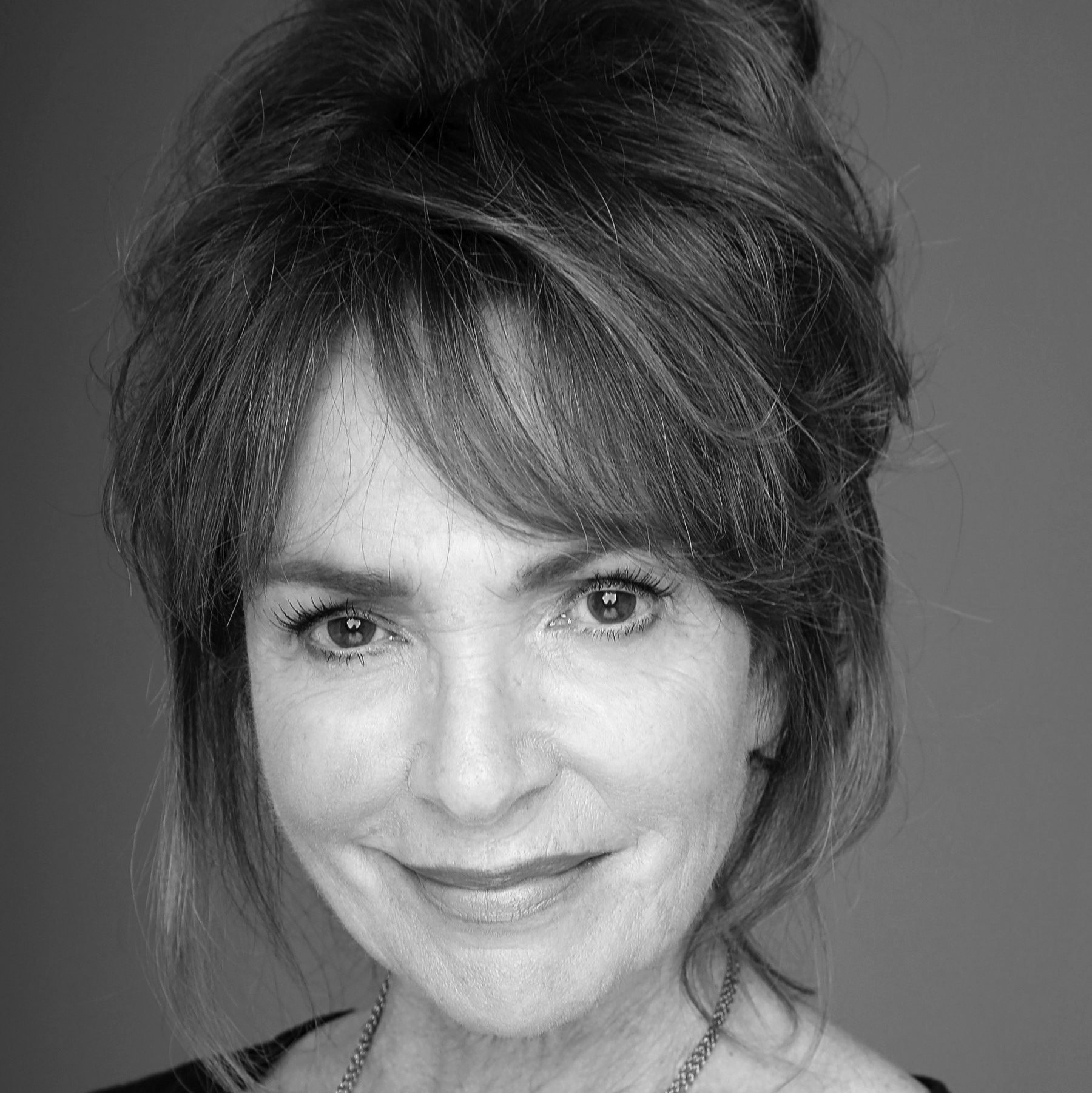
This last September Sunday before the heat wakes up and takes over, the world stays silent and still to preserve its cool as long as it can. I sneak my feet out of my slippers and step into the yard, once dewy green, now parched brown from a show-off sun.
No nutrition seeps by osmosis through my soles this morning, no wet welcoming. But I must acclimate. This parched landscape is virtuous. It is no water waster, it declares. This New Year, this new autumn, I will flaunt the fashionable emblem of a brown and withering lawn adapting to the new landscape fashion trend in arid California—the beauty of burnt.
I bucket brigade my shower heat-up water to my necessary plants, to my thirsty herbs, my desiccated citrus trees and, as a luxury, to my pouting roses, so shocked by nature’s hot shoulder turned away from their flirtations. How cruel to withhold water, to deny their beauty the treatment they’ve counted on for decades. They face the cruel new world drooping, dropping petals—they must adapt or die like the many endangered things around them. I can no longer enable their vanity. It’s my shower or theirs this morning.
Just about to step into a massive cobweb, flaunting its symmetrical perfection in a sunbeam, I stop to respect the industrious spider who rebuilt this work of art after I fought my way out of it in this very same spot last week. It unnerved me then, but today I can only admire it, let it stay for smaller prey. I, too, cling by my fingernails to thinning veins of familiar fertility, to what’s worked before, seeking the strongest pulse I can still feel. The spiders must do the same.
Jagged, asymmetrical, not terribly attractive, it pulses with promise that if I splice it right and avoid its thorns, it will provide a healing sap for the any burns I will get in this new season of cooking.
And then I spy my ancestral aloe, which for many days seemed dead, shedding gray spiked fronds, dwindling to a stub, standing like a stubborn sentry in an aspirational big pot on my back stoop. I’d given up hope but now I see the deceased stalk bears a spiny green offshoot, alive against all odds, no water, no hope. Jagged, asymmetrical, not terribly attractive, it pulses with promise that if I splice it right and avoid its thorns, it will provide a healing sap for the any burns I will get in this new season of cooking.
 I couldn’t bear to part with its remnant, an early Jewish New Year’s gift from a prodigal cousin on the East Coast along with her wishes it would prosper at my home on the West and heal any little wounds, as it had our extended family’s small injuries for three generations. I didn’t realize it was healing itself this last week, its dropping leaves sealing off the cut with its own internal gel as it suddenly sprung this aggressive green leaf out of nowhere.
I couldn’t bear to part with its remnant, an early Jewish New Year’s gift from a prodigal cousin on the East Coast along with her wishes it would prosper at my home on the West and heal any little wounds, as it had our extended family’s small injuries for three generations. I didn’t realize it was healing itself this last week, its dropping leaves sealing off the cut with its own internal gel as it suddenly sprung this aggressive green leaf out of nowhere.
“It’s alive!” I shrieked, texting triple exclamation points to my cousin.
Fifty years ago, our mothers’ bitter estrangement divided us daughters across their vast burnt bridges of resentments. After my sympathy card at her mother’s death last month, my cousin mailed me this optimistic sprig of her aloe vera plant, a peace offering, an olive branch.
Our shared great-grandmother had carried the original when she fled Lithuania for America in 1920, hoping its milk would heal family wounds in the New World. Sections were shared with the growing family, but my mother let hers die, emblematic of no more playtimes, no more shared naps, no more hand-me-downs, no more contact with her sister’s family for fifty years.
My cousin texts that this year we must reunite to celebrate, and I plan to visit her soon. And amidst all the evidence of decay, my heart lifts. Our branch of the family will regenerate and heal.























 More news and opinions than at a Shabbat dinner, right in your inbox.
More news and opinions than at a Shabbat dinner, right in your inbox.